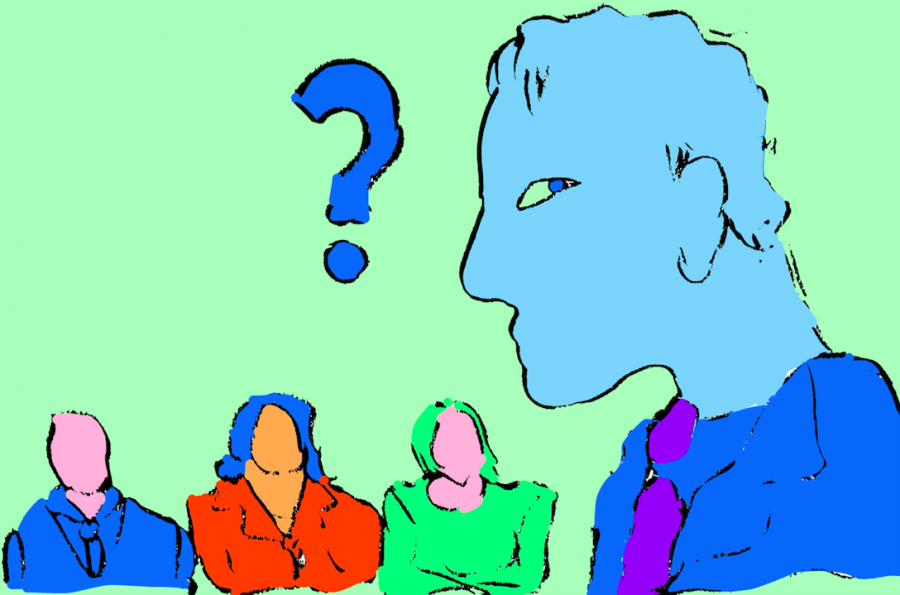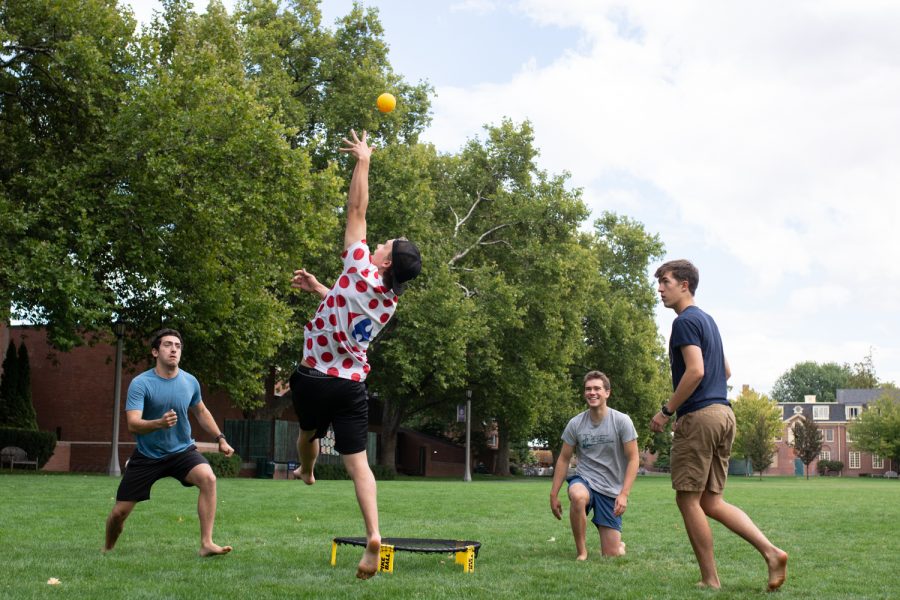Shortly after I arrived in Mendoza, Argentina, there was news from Argentina’s northernmost province of Jujuy, 1,300 km. from Mendoza. A large group of peasants had begun occupying land owned by a wealthy family, demanding the implementation of agrarian reform, i.e. land redistribution. The Jujuy government cracked down violently, resulting in a standoff that left three civilians and one officer dead.
The national government responded by condemning the violent response of the provincial government. The government “has always given priority to dialogue to resolve such conflicts and has never criminalized social protest,” said interior minister Florencio Randazzo. “It is imperative to act quickly and do justice.”
Several blocks from his office, a large group of people from the piquetero movement were blockading all 14 lanes of Avenida 9 de Julio in solidarity with the people of Jujuy. Such blockades are not uncommon in Buenos Aires and are not violently repressed as they are in the United States.
Simply put, free speech is much more amply defined here in Argentina. At some level, street blockades and land occupation are acceptable forms of political speech. Support, much less tolerance, for such actions is hard to come by in the United States, and you certainly wouldn’t find it anywhere near the White House.
We gringos have a much more limited conception of free speech. It consists of two things: 1. Oral/written communication and 2.Spending money. Thus, if you do not have a very large bank account or a microphone capable of reaching millions, you’re pretty much out of luck. Before you even begin to open your mouth, your voice has already been drowned by those who control the means of information distribution.
The bare-bones right to say or write whatever you please is not free speech. Free speech is the right to communicate your message. It is not a set of concrete, individual rights that are universally applicable, but something that is highly situation dependent. Free speech is a communal right to democratically decide the necessary terms of engagement: how, when and where to communicate their message. And yes, I know I’m being vague, but that’s just the reality of human rights, very little is universally applicable.
Of course, none of this is to say that Argentina is a shiny, happy, democratic, utopian paradise. As with the United States, there is widespread poverty, rampant inequality, etc. It is for these reasons that people protest, as free speech is a very important piece when it comes to solving these problems. If the people cannot or do not speak, they will only become ever poorer as a few become richer. Without free speech all is lost.
The dust has yet to settle in Jujuy, and has yet to rise in the United States.
From the other America,
Enrique Gales
http://www.losandes.com.ar/notas/2011/7/30/gobierno-despega-violencia-584113.asp




